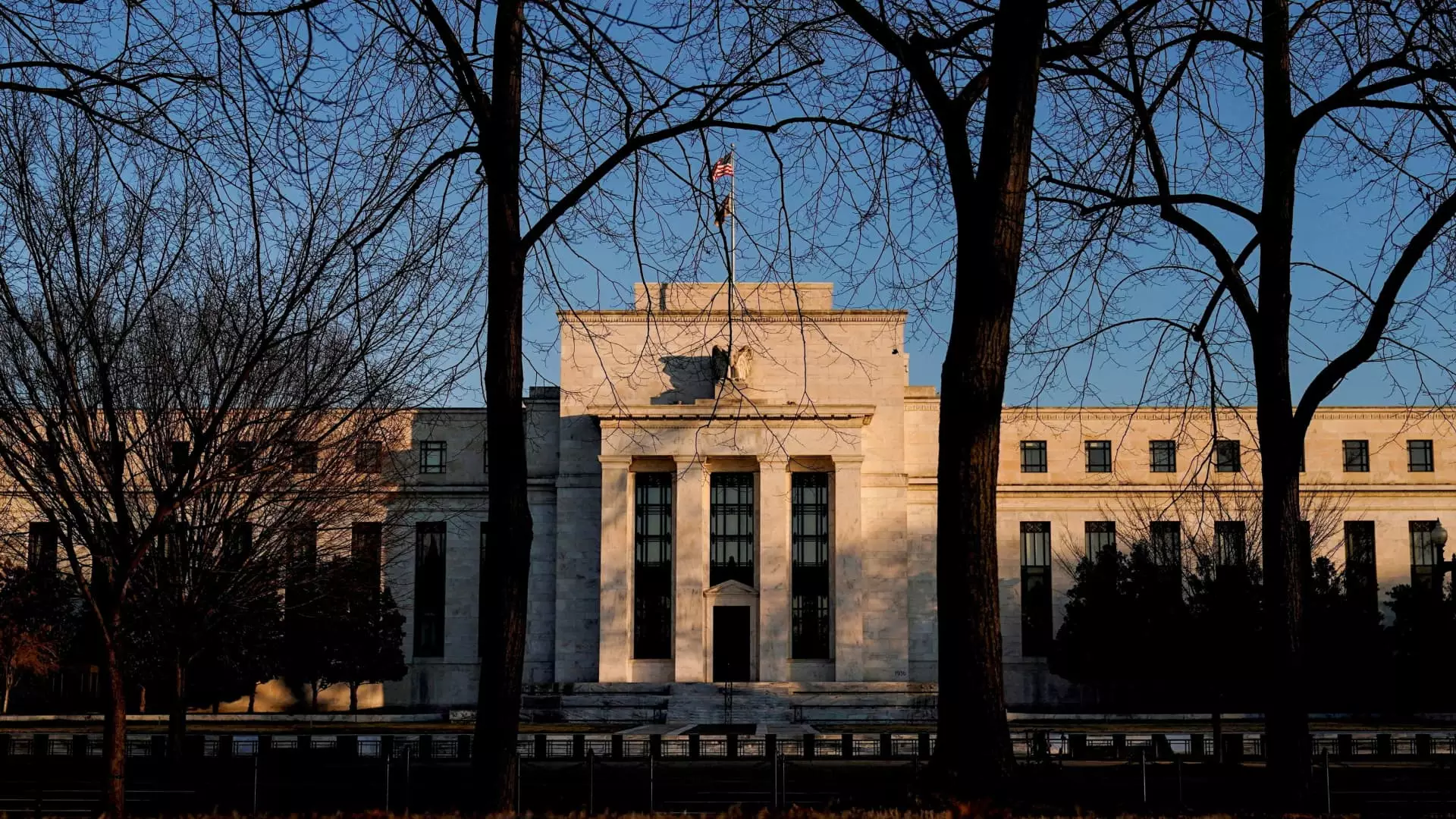In a disturbing revelation that underscores the vulnerabilities of U.S. financial institutions, John Harold Rogers, a former senior advisor with the Federal Reserve, was arrested on multiple charges related to economic espionage. Allegations suggest that he conspired to leverage sensitive trade secrets for the benefit of China, potentially enabling the foreign nation to engage in market manipulation akin to insider trading. This scandal raises alarming questions about the integrity of national security and the measures in place to protect critical economic intelligence.
According to the U.S. Attorney’s Office in Washington, D.C., Rogers is accused of sharing crucial information that could provide China a significant advantage in U.S. fiscal interests. Such data reportedly includes advance insights into U.S. economic policy and changes to the federal funds rate—information that directly influences financial markets. With China currently possessing approximately $816 billion in U.S. government debt, the implications of Rogers’s alleged actions could be far-reaching, enabling market manipulation at the expense of American financial stability.
This case exemplifies the serious risks associated with insider threats, particularly from individuals in positions of trust and responsibility. The indictment cites that Rogers maintained relationships with alleged co-conspirators from China’s intelligence community, who masqueraded as graduate students to gain his trust. Such tactics not only showcase the lengths to which foreign entities will go to infiltrate U.S. economic operations but also expose gaps in the systems designed to safeguard sensitive information.
The evidence against Rogers includes claims that he utilized his Fed position to access proprietary data and sensitive information about ongoing discussions and decisions influencing U.S. economic policy. For instance, the Federal Open Market Committee (FOMC)—which drives federal funds rate decisions—sits at the heart of these allegations. The prosecution outlined that Rogers supposedly passed confidential information using personal email accounts, in direct violation of Federal Reserve policies, and even printed out documents to share during trips to China.
Further complicating matters, prosecutors allege that Rogers not only shared data but also received gifts from his co-conspirators and accepted expenses for travel that were paid by them. Such entanglements raise legitimate ethical and legal questions surrounding the fidelity of government officials post-tenure. Rogers’s dual role as an academic in China makes his actions even more suspect, suggesting a premeditated strategy to exploit his affiliations for personal gain while compromising U.S. interests.
The Broader Implications of the Arrest
The implications of this case extend beyond individual misconduct. It highlights the ongoing economic espionage challenges faced by the United States, particularly from state actors like the Chinese government. The FBI has drawn attention to the expansive economic espionage campaign initiated by the Chinese Communist Party, aiming to undermine American economic might. This incident not only brings to light the crucial need for stringent measures to counter such espionage efforts but also reinforces the urgency of fostering stronger defenses against insider threats.
President Trump’s administration is concurrently emphasizing tariff measures against China, a strategy now shadowed by the allegations against Rogers. The timing of his arrest sheds light on the fragility of U.S.-China relations, further complicating the dialogue surrounding economic policy and trade. The intertwining of domestic espionage cases with international tariffs suggests an increasingly hostile economic environment, impacting various stakeholders including policymakers, investors, and businesses.
Legal Ramifications and Future Outlook
John Harold Rogers is currently facing serious legal challenges, with a potential maximum sentence of 15 years in prison if convicted of conspiracy and other charges. His initial court appearance saw a magistrate judge order his temporary detention without bond, indicating the gravity of the accusations. As the legal proceedings unfold, it will be crucial to monitor not only the outcomes of this case but also the broader institutional responses regarding policies governing information security and espionage prevention.
The case also serves as a clarion call for enhanced vigilance within U.S. financial institutions. Strengthening internal control measures, reviewing operational protocols for data access, and fostering a culture of ethics and transparency are paramount in safeguarding sensitive information against external threats.
The arrest of John Harold Rogers has unveiled both the fragility and the critical importance of safeguarding U.S. economic intelligence in an era where foreign entities are actively engaged in espionage. As the ramifications of this case unfold, it will remain essential for American institutions to bolster defenses and cultivate a more resilient posture in the face of such threats. The integrity of financial markets and national interests remains intertwined with the actions of individuals entrusted with safeguarding sensitive information, thus highlighting the ongoing need for vigilance against economic espionage.


Leave a Reply